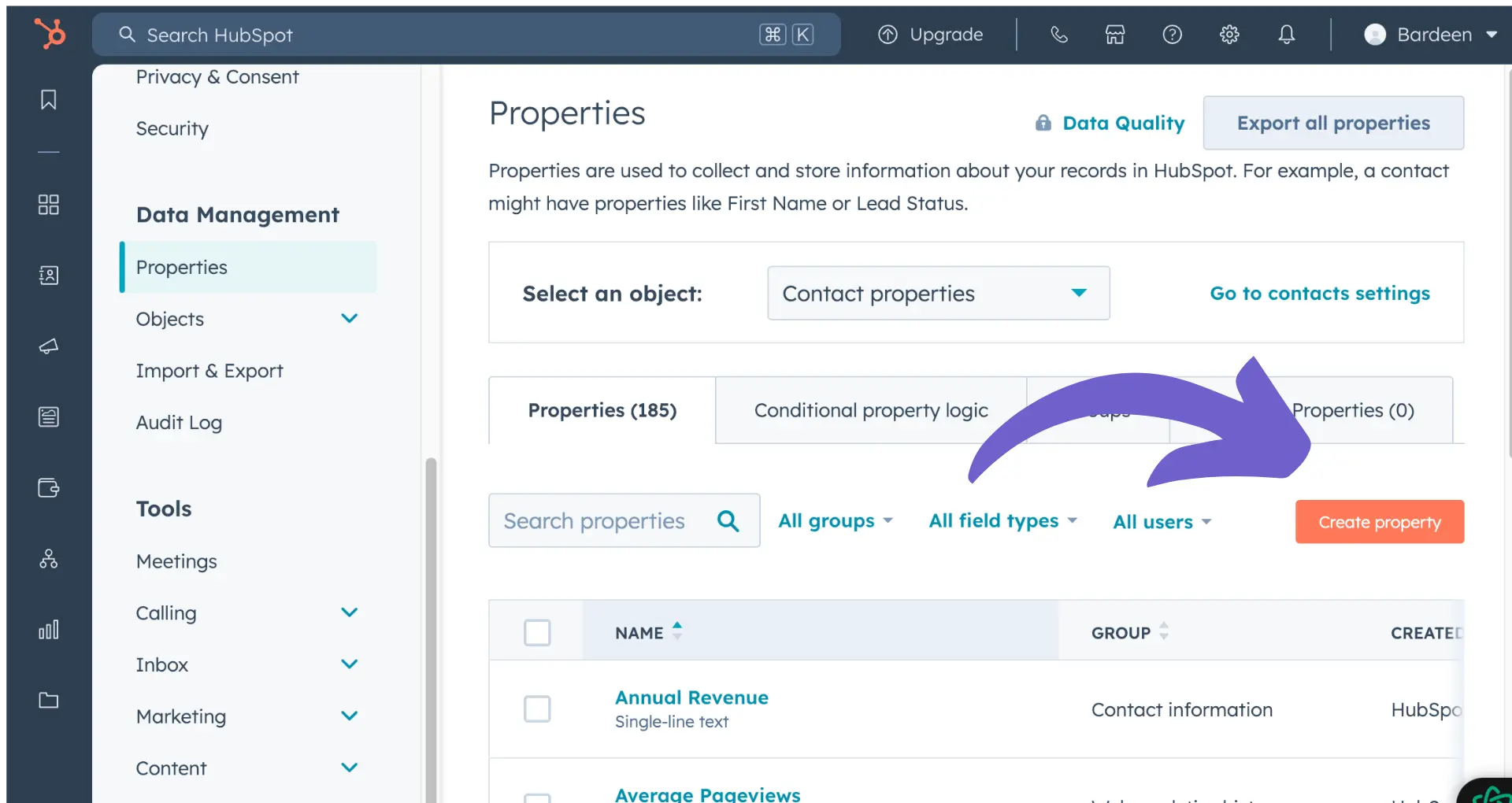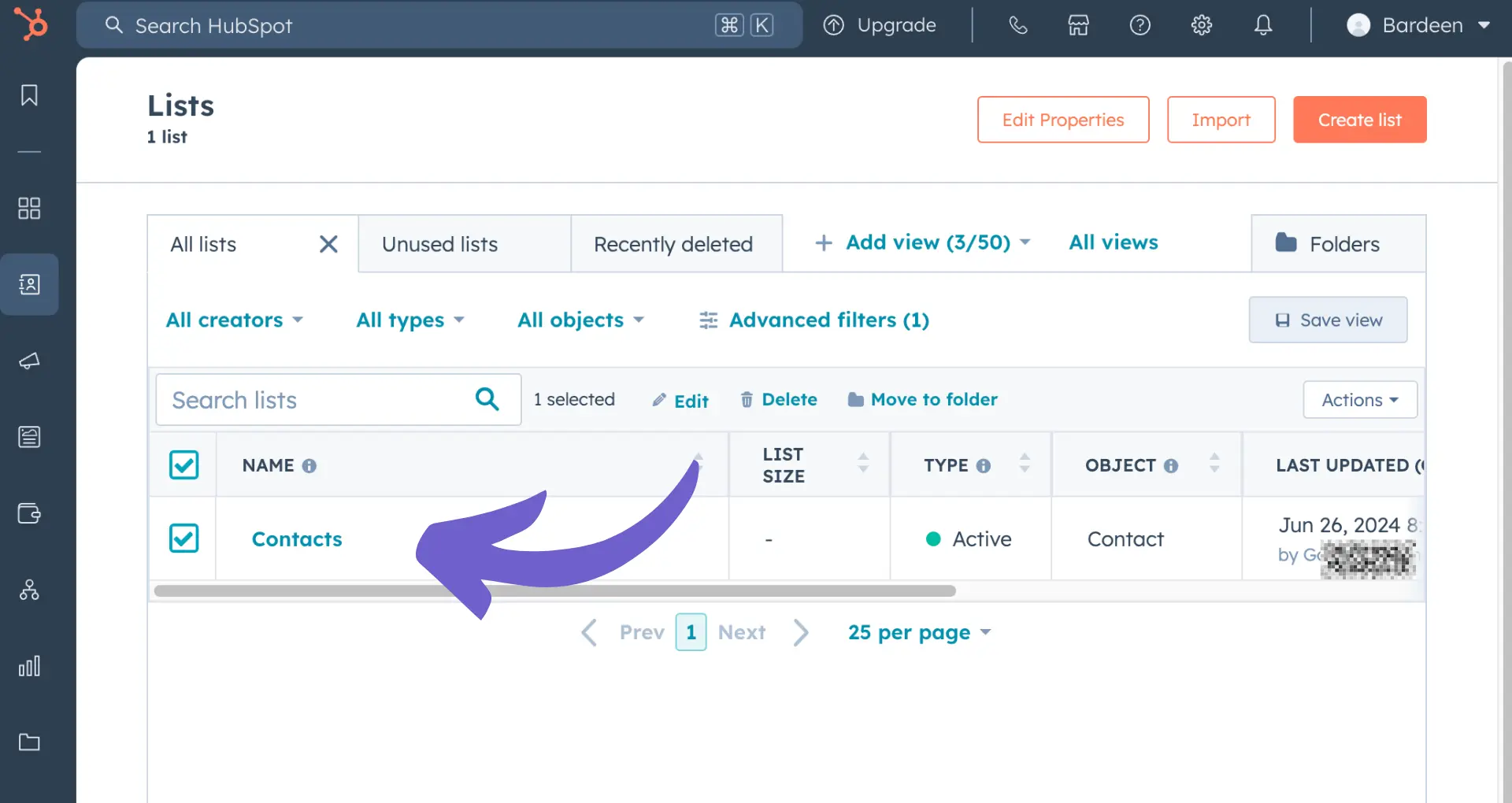Are you tired of spending countless hours on repetitive sales tasks, missing out on valuable opportunities, and struggling to meet your sales targets? It's time to embrace the power of sales automation. In today's fast-paced business landscape, automating your sales processes can be a game-changer, leading to increased productivity, better decision-making, improved customer satisfaction, and ultimately, higher revenue.
Did you know that sales representatives spend only 34% of their time actually selling? The rest is consumed by administrative tasks, data entry, and other non-revenue-generating activities. By implementing sales automation, you can free up your sales team's time, allowing them to focus on what they do best: closing deals and building relationships with customers.
In this comprehensive guide, we'll dive deep into the 10 key benefits of sales automation that you simply can't afford to ignore. From automating repetitive tasks and improving lead qualification to leveraging data-driven insights and enhancing customer experience, we'll cover it all. Plus, we'll introduce you to the latest AI-powered tools like Bardeen that can take your sales automation to the next level.
So, are you ready to supercharge your sales process and leave your competitors in the dust? Let's get started on this exciting journey of discovering how sales automation can transform your business and help you achieve your sales goals like never before!
5 Ways Sales Automation Boosts Productivity and Efficiency
Sales automation reduces the time reps spend on repetitive administrative tasks, allowing them to focus more on high-value selling activities. By automating lead scoring and qualification, sales teams get higher quality prospects to work with. Automated follow-up sequences and lead nurturing helps maintain consistent communication with leads without extra manual effort.
1. Eliminates Time-Consuming Manual Tasks
Sales automation takes care of routine, repetitive tasks like data entry, freeing up reps to spend more time actively selling. For example, logging sales activity data and updating deal stages can be done automatically, reclaiming hours of rep productivity each week.
2. Improves Lead Quality Through Scoring and Qualification
Lead scoring and qualification is more accurate and efficient with automation. By analyzing lead behaviors and demographics, sales teams can automatically prioritize the best leads. This improves conversion rates by ensuring reps focus on prospects most likely to buy.
3. Enables Personalized Nurturing at Scale
Automated lead nurturing allows sales to stay in touch with many prospects by triggering relevant communications based on lead actions. Personalized emails can be sent automatically to educate prospects and guide them through the buying process. This consistent nurturing helps convert more leads into customers.
Sales automation delivers major productivity gains while also driving more revenue. By streamlining workflows, improving lead quality, and enabling personalized follow-up, sales teams can boost their efficiency and effectiveness. Next, we'll look at how automation provides valuable data-driven insights for smarter decision making and forecasting.
3 Ways Sales Automation Enables Data-Driven Decisions
Sales automation provides real-time analytics and reporting, giving sales teams valuable insights to make informed, data-driven decisions. Sales intelligence helps forecast sales trends and identify potential opportunities, allowing teams to proactively adapt their strategies. Automated data collection and analysis reduces human error and bias, ensuring decisions are based on accurate, objective information.
1. Real-Time Insights for Agile Decision Making
With automated analytics and reporting, sales leaders have instant access to key metrics and KPIs. Instead of waiting for manual reports, they can quickly see what's working and what's not. For example, a sales manager can identify which reps are struggling to hit quota and provide targeted coaching to get them back on track.
Real-time data also enables teams to rapidly respond to changing market conditions or customer needs. If a particular product suddenly spikes or drops in demand, sales can adjust pricing, promotions, or messaging on the fly to capitalize on the trend or mitigate losses.
2. Predictive Analytics to Forecast Growth
Predictive analytics uses historical data, machine learning, and statistical algorithms to forecast future sales performance. This helps sales leaders set realistic targets, anticipate demand fluctuations, and proactively plan for different scenarios.
Automate sales prospecting tasks with Bardeen. Save time on lead research and list building. automate sales prospecting now.
For instance, predictive models can estimate how many deals will close each quarter based on past win rates, sales cycle lengths, and pipeline values. Leaders can then allocate resources and set budgets accordingly. Predictive tools can also identify at-risk deals that need immediate attention to get back on track.
3. Eliminating Guesswork with Data-Driven Insights
Automated data capture and analysis eliminates many of the human errors, inconsistencies, and biases that plague manual reporting. With a single, centralized data repository, everyone works from the same set of facts.
This objective, data-driven approach promotes cross-functional alignment and accountability. Instead of relying on gut feelings or anecdotal evidence, teams can confidently make decisions backed by hard data. Leaders can clearly see what impact their choices have on revenue growth, customer churn, and other critical metrics.
By leveraging automation to harness data-driven insights, sales organizations can make smarter decisions to drive predictable growth. Next up, we'll explore how sales automation improves customer experience and satisfaction.
3 Ways Sales Automation Improves Customer Experience
Sales automation offers personalized, timely communication through automated messaging, faster response times to customer inquiries, and consistent information across all touchpoints. This leads to happier customers who feel valued and appreciated by your brand. Implementing sales automation can significantly boost customer satisfaction metrics like CSAT and NPS.
1. Personalized, Timely Automated Messaging
Generic mass emails are a thing of the past. Today's customers expect relevant, personalized outreach tailored to their unique needs and interests. Sales automation enables you to send the right message to the right person at the right time.
For example, you can set up automated email sequences that send personalized product recommendations based on a customer's browsing or purchase history. Or trigger timely abandoned cart reminders with special offers to encourage them to complete their purchase. Personalized, well-timed communication makes customers feel valued.
2. Faster Responses to Customer Inquiries
Customers hate waiting for answers to their questions. In fact, 90% of consumers rate an "immediate" response as important or very important when they have a customer service question, according to HubSpot research. Sales automation helps you meet those high expectations.
Chatbots powered by AI can provide instant answers to common questions 24/7. Automated ticketing systems route complex issues to the right rep for faster resolution. By dramatically reducing response times, automation turns frustrated customers into delighted ones.
3. Consistent Omnichannel Experiences
Your customers interact with your brand across multiple channels - website, email, social media, etc. They expect a seamless, consistent experience at every touchpoint. Sales automation centralizes customer data so your messaging stays accurate and on-brand, no matter the channel.
Let's say a customer starts a live chat on your website, then decides to call your support line. With automation, the phone rep will have the full context of that customer's previous interactions and can pick up right where the chatbot left off. The customer feels known and appreciated, not like they're starting over from scratch.
By personalizing outreach, accelerating responses, and unifying experiences across channels, sales automation delights customers and inspires lasting loyalty. Next, we'll explore how automation reduces costs while optimizing resources.
3 Ways Sales Automation Reduces Costs and Optimizes Resources
Sales automation reduces manual labor costs by taking repetitive tasks off your team's plate, allowing you to allocate human resources more strategically. With automation handling the grunt work, reps can focus their time and energy on high-value activities like relationship-building and closing deals. The result? Improved resource allocation, decreased errors, and major cost savings.
1. Automating Repetitive Tasks Cuts Labor Costs
Think about all the hours your reps spend on manual data entry, sending follow-up emails, and other tedious tasks. Sales automation can take those repetitive to-dos off their hands, significantly reducing labor costs.
For example, you can set up your CRM to automatically log sales activities, update deal stages, and assign tasks. Or use email automation to send personalized nurture sequences at scale. By automating these time-consuming tasks, you free up your team to focus on revenue-generating activities while cutting costs.
Ready to save time and focus on closing deals? Automate your sales process with Bardeen today.
2. Strategic Resource Allocation Boosts ROI
With sales automation handling the busywork, you can deploy your human resources more strategically. Instead of wasting time on manual tasks, reps can concentrate on high-impact activities like conducting demos, negotiating contracts, and expanding accounts.
This improved resource allocation pays major dividends. According to HubSpot, companies that invest in sales automation see 10-15% increases in sales productivity and cost reductions of 10-20%. By aligning your people with your highest priorities, you optimize your resources and boost ROI.
3. Automation Reduces Costly Errors
Manual sales processes are prone to human error. A rep might forget to follow up with a hot lead, enter inaccurate data, or send the wrong pricing to a prospect. These mistakes can be costly, leading to lost deals and damaged relationships.
Sales automation minimizes these risks by standardizing processes and data. For instance, automated lead scoring ensures reps prioritize the right opportunities. Centralized document storage prevents version control issues. By reducing manual touchpoints, automation decreases errors and the associated costs.
From cutting labor costs to enabling strategic resource allocation to reducing expensive mistakes, the cost-saving benefits of sales automation can't be ignored. By investing in automation, you'll optimize your resources and spend in the long run.
Thanks for sticking with us this far! As a reward for your dedication, we'll let you in on a little secret: companies that don't embrace sales automation are basically setting their money on fire. But you didn't hear it from us!
Conclusions
Mastering the benefits of sales automation is crucial for businesses looking to optimize their sales processes and boost revenue.
- Sales automation increases productivity, improves lead quality, and maintains consistent communication.
- Data-driven insights, predictive analytics, and reduced errors enable informed decision-making and forecasting.
- Personalized messaging, faster response times, and consistent information enhance customer experiences.
- Automation reduces labor costs, optimizes resource allocation, and minimizes costly errors in sales processes.
Don't let your competitors outshine you by neglecting the power of sales automation. Automate sales prospecting and watch your sales soar to new heights!






